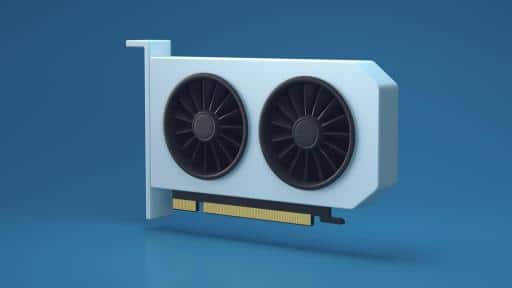AC capacitor is a key element that deserves attention for its significant role in maintaining the functionality and efficiency of air conditioners. This article provides an in-depth look at AC capacitors, covering their types, functions, symptoms of failure, and maintenance tips.
What is an AC capacitor?
Various appliances, including air conditioning systems, use an AC capacitor as an electrical component to store and release electrical energy. It is essentially a passive electronic component with two terminals, which store electrical energy in an electric field created between a pair of conductors on which electric charges of equal magnitude but opposite sign have been placed. It is used in air conditioning systems to stabilize voltage and provide the necessary jolt to start the motor.
Types of AC Capacitors
There are primarily two types of capacitors used in air conditioning units: the start capacitor and the run capacitor. Each serves a distinct function in the AC unit:
Start Capacitors
Start capacitors provide a large capacitance value necessary for the initial start-up of the AC unit’s motor. After a few seconds, a relay or another device removes them from the circuit, increasing the motor’s starting torque.
Run Capacitors
Run capacitors differ from start capacitors in that they are designed for continuous duty. They ensure a steady voltage supply and enhance the motor’s efficiency during operation. Run capacitors are essential for maintaining the motor running at stable speeds by improving its power factor and reducing phase shift.
The role of AC capacitors in air conditioning systems is crucial.
Capacitors work in tandem with the electric motor in air conditioning systems to power the compressor and the fans. An AC capacitor’s primary function is to store electrical energy and supply it to the motor in order to help it start and run efficiently. The capacitor’s ability to store and release energy quickly makes it an indispensable component in achieving optimal performance from the air conditioning unit.
Common Signs of Capacitor Failure
Recognizing the signs of a failing AC capacitor can prevent a complete air conditioning breakdown. Here are some common symptoms that indicate a capacitor may need replacement:
Hard Starting
The most obvious sign of a failing start capacitor is when the AC struggles to start up, commonly referred to as “hard starting.” This could manifest as a hesitation in activating the AC unit or a stutter as it tries to turn on.
Humming Noise
When trying to start, a humming noise from the capacitor or motor can also indicate a failing capacitor. This noise occurs because the capacitor cannot provide the necessary power to the motor.
The AC unit shuts off.
A run capacitor failure can cause the air conditioner to shut off a few minutes after start-up. This occurs when the motor overheats due to a lack of power, causing the safety overload to shut off.
Higher energy bills
A failing capacitor can cause the air conditioning system to run inefficiently, leading to higher than normal energy bills. This inefficiency arises because the system has to work harder to maintain the desired temperature.
Maintenance tips for AC capacitors
Regular maintenance of AC capacitors can extend their life and prevent air conditioning failures during peak usage times. Here are some tips for maintaining AC capacitors:
- Visual Inspection: Regularly check the capacitor for signs of damage, such as bulging, leaking, or rusting.
- Professional Inspection: Every year, have a professional inspect the HVAC system, which should include checking capacitor functionality.
- Clean Surrounding Area: Ensure that the area around the air conditioning unit and its components is clear of debris and dust.
- Capacitance Measurement: During routine maintenance, technicians can measure the capacitance to ensure it is within the required range.
Conclusion
AC capacitors are vital components of air conditioning systems, crucial for starting and maintaining efficient operation. Understanding the types, functions, and signs of failure can help homeowners and maintenance personnel keep air conditioning units running efficiently and effectively. Regular maintenance and timely replacement of AC capacitors can save money on repairs and energy costs, providing a comfortable indoor environment throughout the hot seasons.








